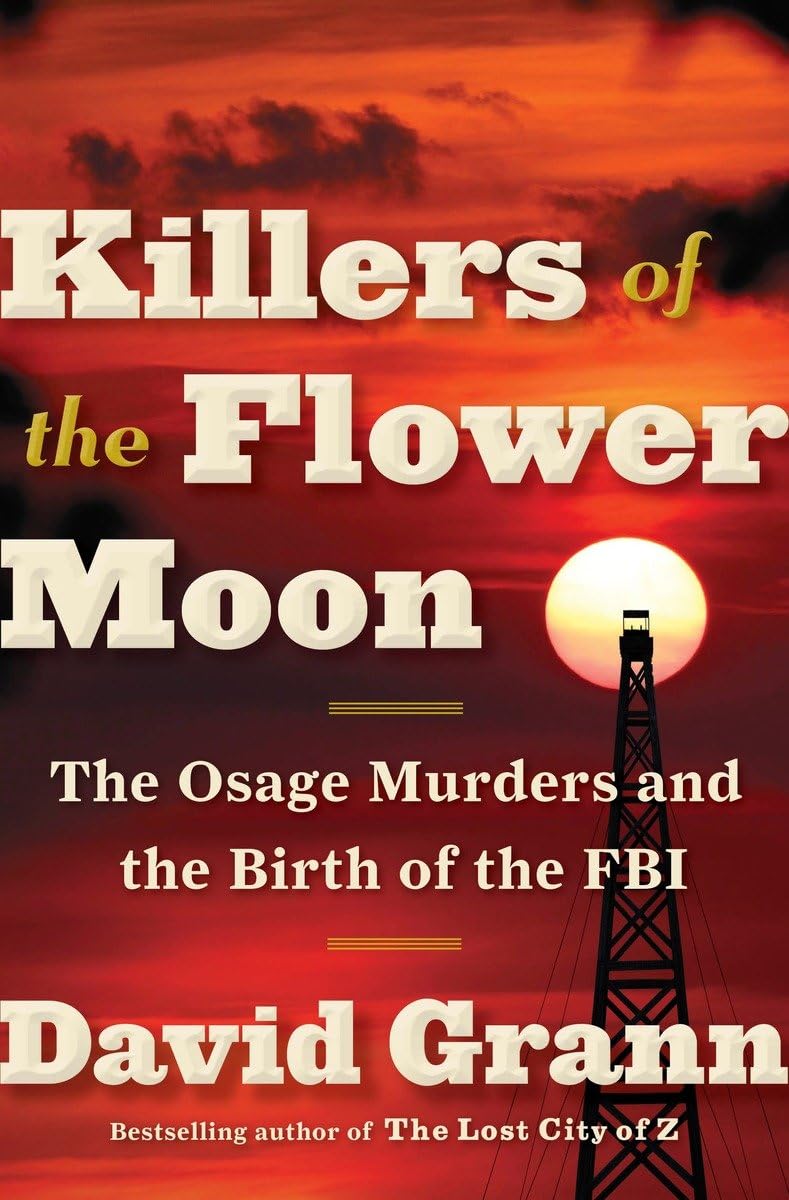Chapter 21: The Hot House
byThe chapter titled “THE HOT HOUSE” presents a vivid exploration of Warden Tom White’s career and personal life, focusing on his tenure at Leavenworth Prison, a facility notoriously nicknamed the “Hot House” for its stifling conditions. White’s time at Leavenworth is portrayed as a test of both his principles and resilience. His tenure reflects a steadfast commitment to improving the lives of inmates, despite the harsh realities of the prison system. From standing firmly against the death penalty to advocating for better conditions within the prison walls, White emerges as a compassionate yet firm leader, navigating a space rife with violence and moral complexity.
The narrative also delves into White’s interactions with notorious inmates such as Red Rudensky and William Hale, revealing his nuanced approach to prison management. While his job demanded strict discipline, White maintained a sense of humanity, believing in the potential for redemption even in the darkest of places. These beliefs were often at odds with the brutal environment of Leavenworth and the challenges of balancing institutional rules with his personal convictions.
Beyond his professional life, the chapter sheds light on the personal sacrifices White and his family endured while living on prison grounds. Raising children in such an environment weighed heavily on White’s wife, who worried about their sons growing up surrounded by hardened criminals and constant danger. Yet, despite these challenges, White remained committed to his work, believing that his role could make a meaningful difference in an often-overlooked aspect of society.
The story takes a dramatic turn as it recounts a harrowing escape attempt by inmates, during which White was taken hostage and narrowly escaped death after being shot. This incident underscores the dangers inherent in his role and his remarkable ability to remain composed and just under extreme pressure. Remarkably, instead of succumbing to bitterness or vengeance, White chose to treat the prisoners involved in the escape attempt with dignity, further highlighting his unwavering belief in fairness and rehabilitation.
As the narrative progresses, it shifts to White’s reflections on his later years and the evolution of law enforcement, particularly under J. Edgar Hoover’s leadership. While White admired Hoover’s transformation of the FBI into a formidable agency, he also critiqued its growing focus on high-profile cases and publicity, sometimes at the expense of genuine justice. These reflections are tinged with a sense of disillusionment, as White observed the FBI’s drift away from the ideals he had dedicated his life to upholding.
The chapter also touches on pivotal societal changes, including the abolition of the guardianship system that had exploited the Osage people for decades. Mollie Burkhart’s restoration to competency marked a symbolic victory, representing the slow but significant dismantling of systemic oppression. White, though no longer actively involved in the field, felt deeply connected to these changes, viewing them as part of the broader legacy of justice he had worked to advance.
Even as age and injuries took their toll, White remained determined to document the Osage murder investigation and the contributions of his colleagues. His collaboration on a book chronicling the case was driven by a desire to ensure that the efforts of those who fought for justice would not be forgotten. This task was not without its challenges, as White faced bureaucratic resistance and personal setbacks, yet his commitment never wavered.
The chapter closes with a poignant reflection on White’s final years, marked by declining health but an enduring passion for preserving the truth. His efforts to document the Osage murders and his team’s role in solving them underscore his lifelong dedication to justice and historical preservation. Though his time in the spotlight had passed, White’s contributions remained a testament to his integrity and determination to honor the forgotten heroes of a dark chapter in history.


